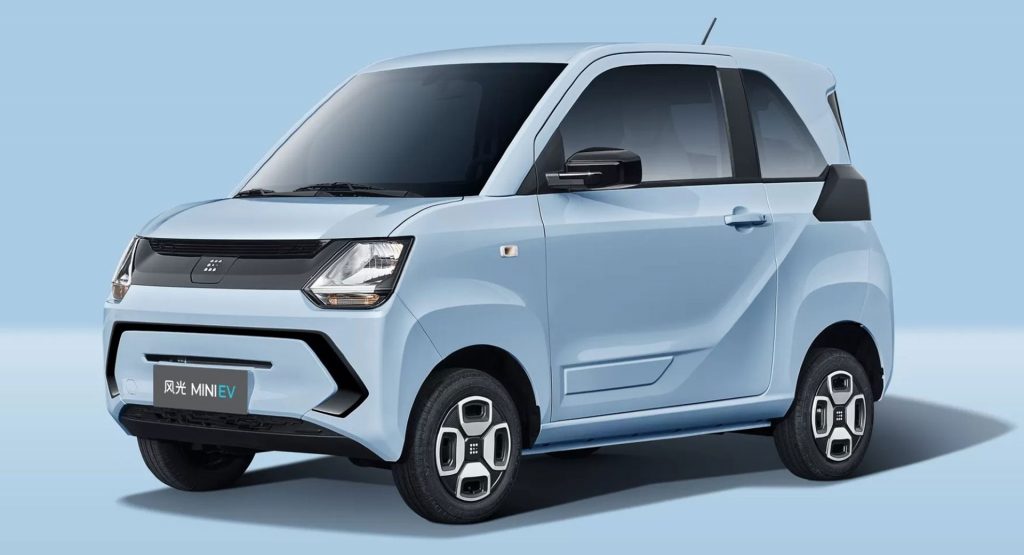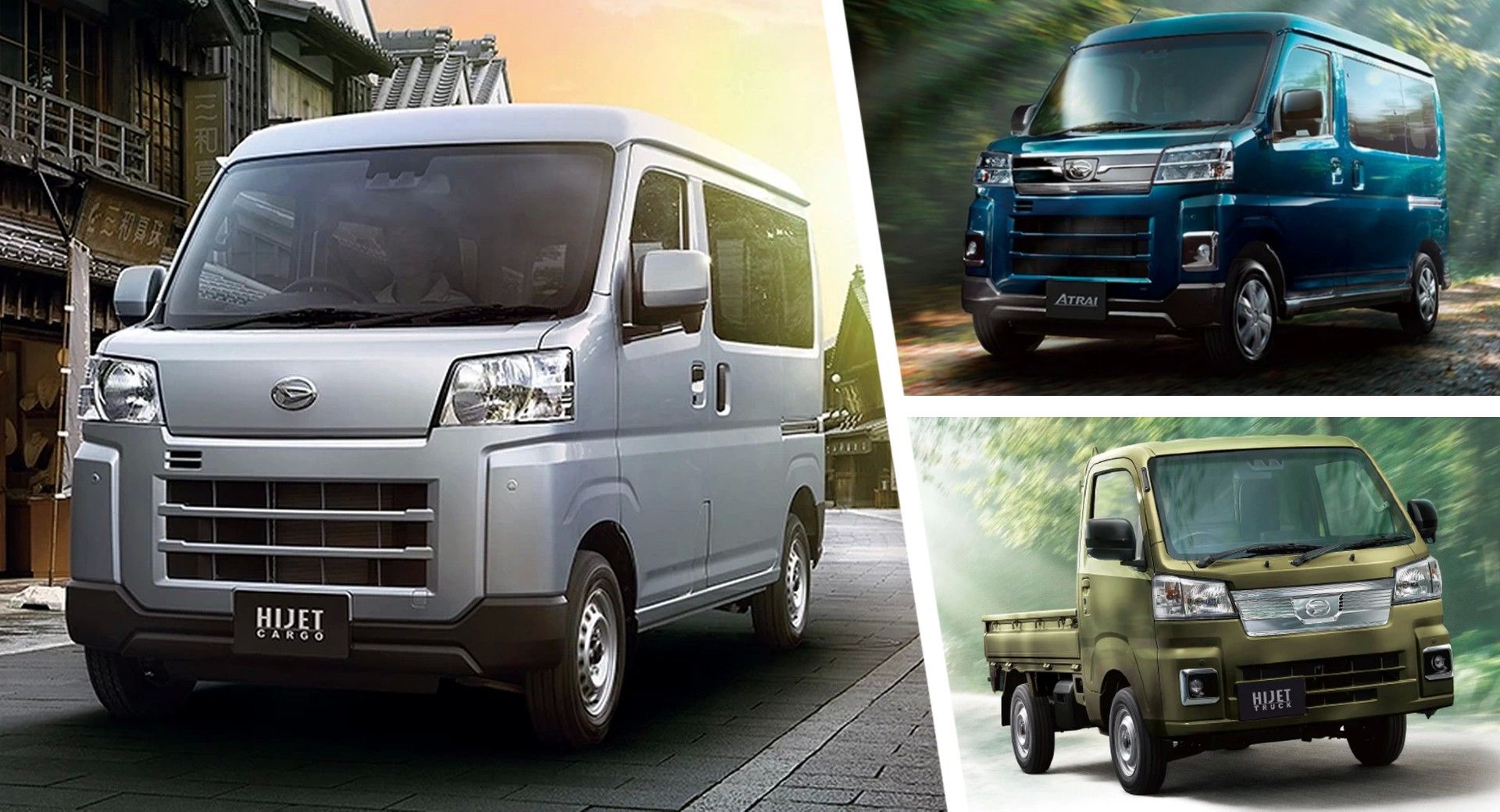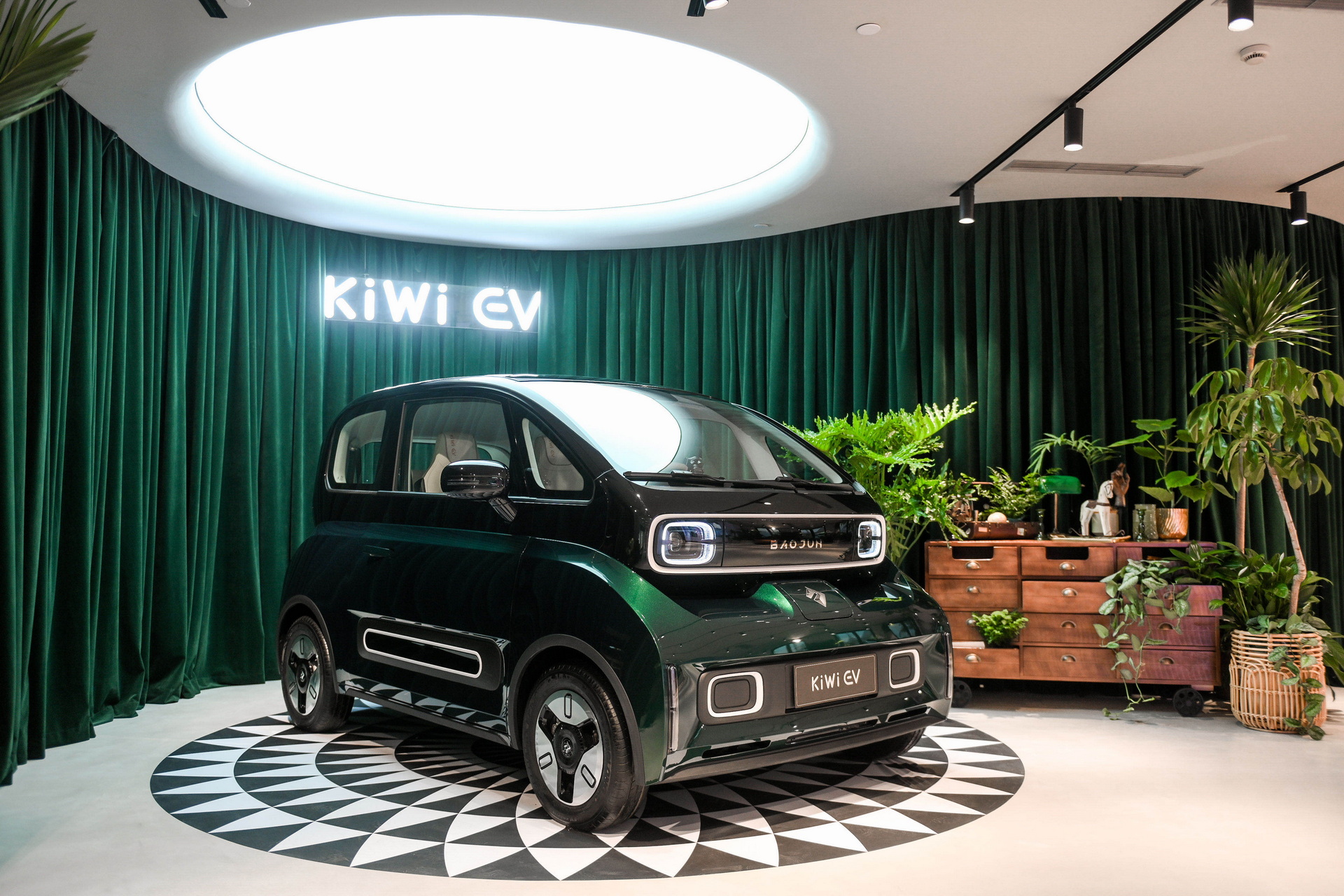The president of Daihatsu Motor has acknowledged that cheap electric vehicles from China pose a threat to Japanese car manufacturers.
For the most part, Japanese automakers have been slow to shift kei cars to electric power, providing Chinese companies with an opening into the market. Speaking with Nikkei Asia, Daihatsu boss Soichiro Okudaira said the company is committed to doing its best to rival what the Chinese have created.
“[Chinese] car design concepts are not simply an extension of what has come before. For example, the battery and motor are cooled with air instead of water,” he said. “There may be drawbacks, like not being suitable for long drives at high speeds, but costs can be kept down by limiting the anticipated operating environments. Our company will go back to the basics of automaking and think of new concepts for affordable EVs. We have to be able to compete on price.”
Read Also: Dongfeng’s FengGuang Mini EV Is The Alter Ego Of Wuling’s HongGuang Mini EV
One of Daihatsu’s first electric kei cars will be released in 2025 and cost approximately 1 million yen ($8,600), more than some Chinese electric minicars are going for. Despite costing more than a Chinese alternative, Okudaira said there is “surely demand” for kei cars that have “relatively spacious interiors, have luggage capacity, and can seat four people.” He added the carmaker is considering electrifying its popular Mira e:S and may launch an electric version of the Hijet commercial range that costs the same as the petrol-powered model.
Daihatsu is working with a number of other car manufacturers to electrify its line-up and will do all it can to control the costs of batteries, the boss added.
“Daihatsu is exploring multiple options, including purchasing Chinese-made batteries,” Okudaira said. “It will take an investment of tens of billions of yen or more to electrify all new vehicles by 2030, so we are collaborating with our parent company, Toyota Motor. We, along with Suzuki Motor, are participating in an EV development venture jointly owned by Toyota and Isuzu Motors, and together we will develop related technology.”





